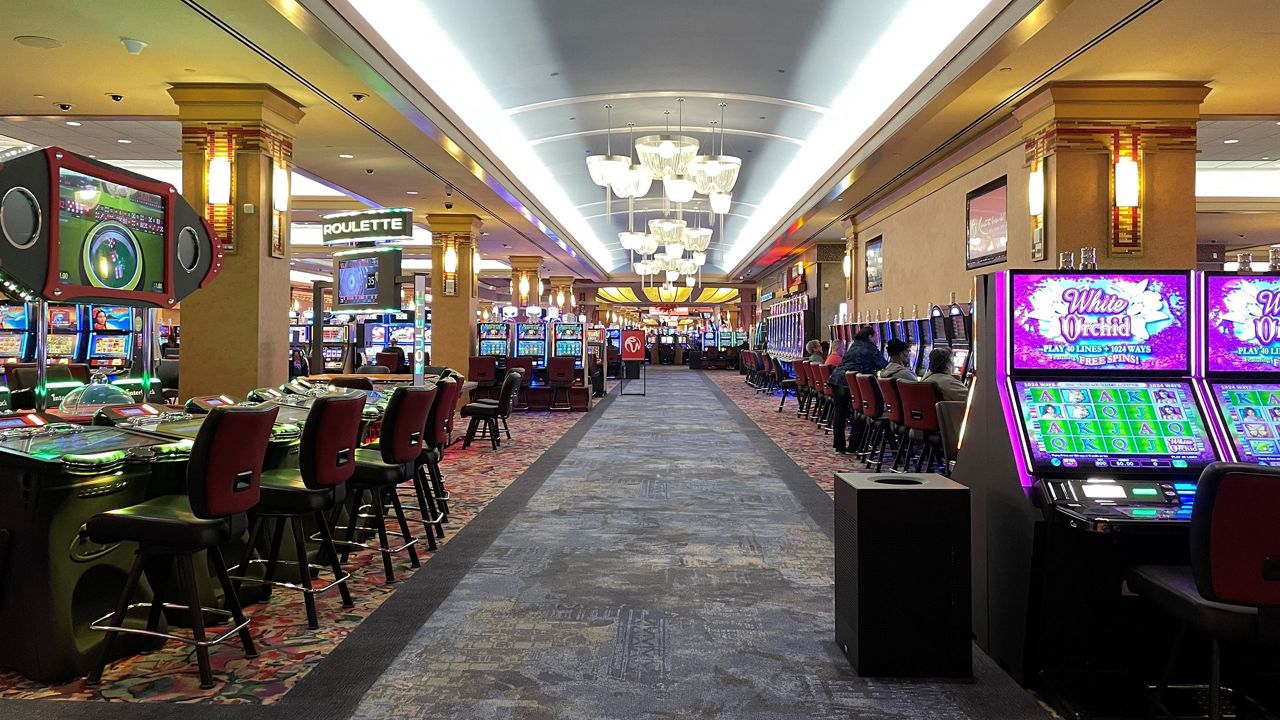Automated gambling has turned into a significant hobby in various societies throughout the globe, transcending the limits of mere entertainment. With the vibrant lights and noises of gaming establishments to the growing popularity of online sites, slot machines offer a singular mix of luck and thrill that enthralls millions. This category of betting is not just about yanking sticks and viewing slot reels turn; it mirrors deeper societal perspectives toward risk, luck, and the pursuit of riches.
As we investigate into the cultural significance of slot gambling, we find that it serves as greater than a leisure activity. It serves as a bridge between people, a form of relief, and even a well of creativity for many. The allure of hitting the grand prize resonates across various groups, often symbolizing dreams of wealth and relaxation. By examining the progression of machine gaming and its place within various communities, we can thoroughly comprehend its impact on current traditions and the principles that it encourages.
Historical Context of Video Gaming
Video gambling has its roots in the end 19th century when the initial mechanical video machine, known as the Liberty Bell, was developed by Charles Fey in 1895. This device featured 3 spinning drums and a simple winnings method based on the arrangement of symbols, primarily focusing on horseshoes, diamonds, and the iconic Liberty Bell. The introduction of this invention marked a major shift in gambling, making it more accessible and attracting a broader audience who were enticed to the element of luck without the need for complex tactics or abilities.
As video devices gained popularity, the early 1900s century saw the growth of numerous styles and configurations. The launch of electric video devices in the 1960s added a new layer of excitement with more engaging graphics and sounds. This evolution coincided with the broader societal changes and the expansion of legalized gambling in different states and countries. Slot devices moved from being only mechanical devices to becoming part of the gambling hall experience, attracting to a demographic that sought entertainment and recreation in gambling.
The final 20th century and initial 2000s century brought about another transformation with the arrival of online advancements and virtual gaming. Digital slot machines became a staple of virtual casinos, allowing players to enjoy the excitement of slot gaming from the convenience of their homes. This online evolution influenced societal perceptions of gambling, making it not only a physical but also a digital activity. The growing acceptance of gaming in society has positioned video devices as a significant cultural trend, reflecting shifting attitudes towards risk, luck, and entertainment.
Societal Impact on Society
Video machines has woven itself into the tapestry of modern culture, influencing social connections and behaviors. In many locales, these machines serve as meeting places where individuals come together, encouraging a sense of belonging and excitement. The vivid lights and engaging sounds of slot machines create an environment that attracts not just experienced gamblers but also casual players seeking entertainment. This accessibility allows diverse groups of individuals to share moments, ranging from happy wins to the camaraderie found in collective defeats.
The representation of slot gambling in the media and pop culture has also played a significant role in affecting cultural perceptions. slot maxwin Movies, television shows, and ads often romanticize the allure of winning big, leading to a culture where this activity is viewed as an adventurous and glamorous pastime. This image can lead to an growing fascination with gambling, especially among younger adult generations, impacting their views and ultimately affecting their involvement in gambling activities.
However, the cultural significance of slot gambling is not without its challenges. As it gains prominence, concerns about addiction and safe gaming practices emerge. Awareness campaigns and programs aimed at educating players about the risks associated with gambling have become crucial components of the discourse surrounding slot machines. Balancing the entertainment value of gambling with the potential for adverse effects is crucial, prompting ongoing debates about its place within society and the accountability that comes with its enjoyment.

Psychological Dimensions of Fruit Gaming
Slot play is deeply anchored in psychological mechanisms that can significantly influence gambler behavior. One fundamental element is the thrill of ambiguity that arises from the fortuitous nature of slot machines. This chance creates a sense of anticipation, as players anticipate potential wins. The irregular reward schedule, where gamblers receive payouts at unpredictable times, can lead to prolonged engagement, often causing prolonged gambling durations despite the chances being stacked to them.
Furthermore, the visual aspects of slot machines contribute to their mental allure. Bright lights, enticing sounds, and visually pleasing images all serve to amplify the physical interaction of playing. These characteristics can evoke a feeling of euphoria and release from reality, which many players consider appealing. The engaging environment created by modern slots leverages emotional emotions, enticing gamblers into a mindset that can fuzz the distinction between entertainment and compulsive activity.
In conclusion, the interpersonal factor of slot play is equally important. Many casinos are designed to promote social interaction among participants, facilitating a shared environment. This social engagement can reinforce the pleasure of betting, making it less about the individual act of gambling and increasingly about communal moments. Nonetheless, the allure of social acceptance can also lead to harmful betting practices, as individuals may feel pressure to conform to group norms around gambling behavior.
